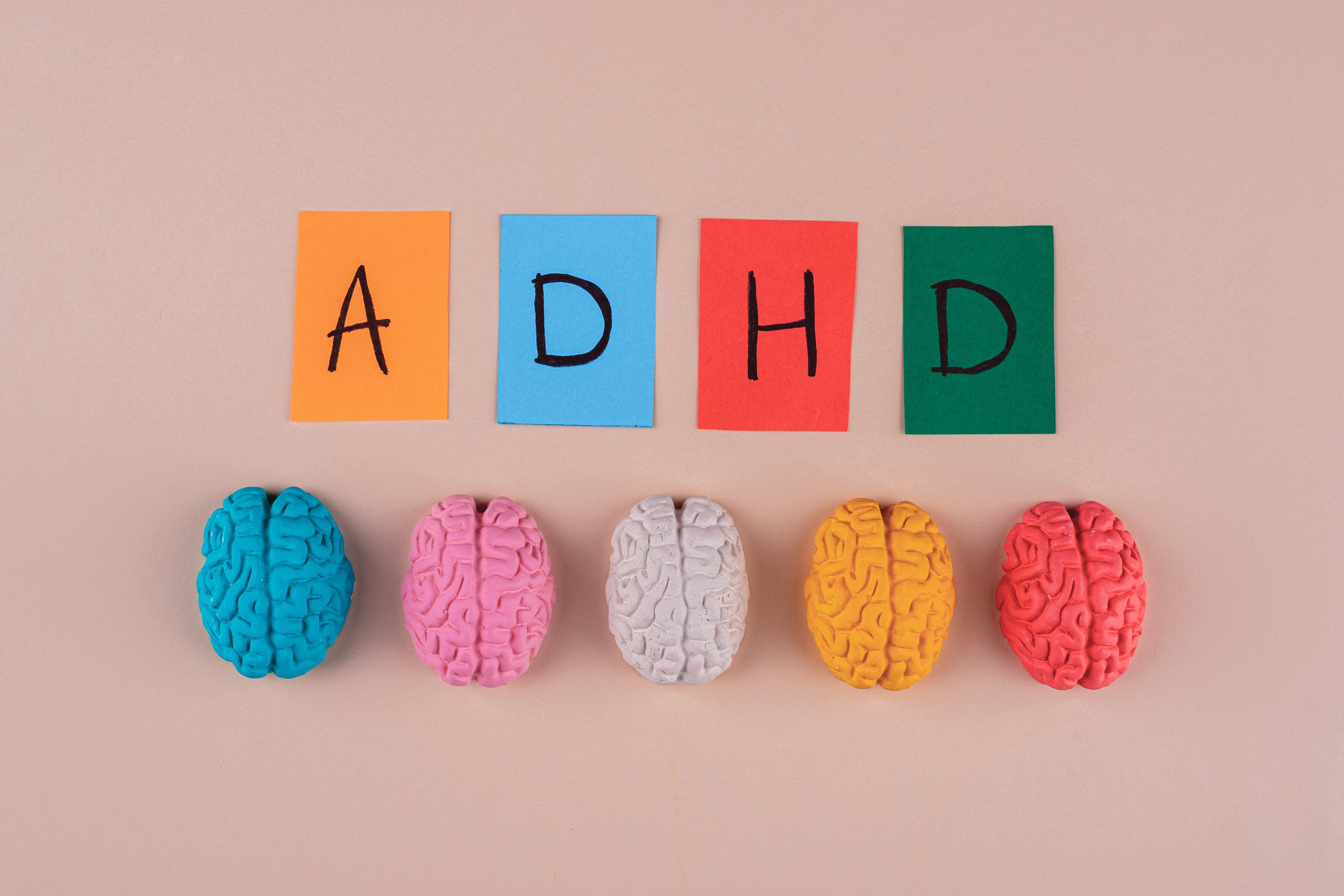How to Discipline a Child With ADHD
Learn positive discipline strategies for kids with ADHD. Discover how structure, empathy, and consistency help your child grow without harsh punishment.


Disciplining a child with ADHD can feel frustrating, especially if the usual strategies don’t seem to work. You love your child, and you want to set limits to keep them safe, but you also want to celebrate who they really are.
But discipline is still an essential part of helping your child grow — it just may need to be delivered with more intention and flexibility. In this article, we’ll go over why discipline matters, how it’s different from punishment, and what strategies work best for children with ADHD.
Key takeaways:
- Discipline helps children with ADHD stay safe, build structure, and grow, but it needs to be adapted to their unique needs.
- Positive reinforcement and consistent communication are more effective than punishment-based methods.
- Parent training and support from a mental health professional are often the most effective strategies for managing behavior both at home and at school.
Should I discipline my child with ADHD?
Every child, including those with ADHD, needs some sort of boundaries and limits in their lives. Not only does discipline help children learn, but having limits also helps them to maintain emotional and physical safety even as they get older. Just because a child has ADHD doesn't mean that they don't need this.
But while it's important to provide discipline for children with ADHD, it's important to differentiate between discipline and punishment. Discipline is helping children learn limits and expectations. Punishment is only about delivering negative consequences when your child doesn't do what you've told them to.
This distinction is especially important for children with ADHD. Research shows that children with more severe symptoms of ADHD are also more likely to be more sensitive to punishment. It's so important not to punish your child for the symptoms of their condition. ADHD is a neurodevelopmental disorder, and no amount of “discipline” will make the condition itself go away. The goal of discipline should always be to keep your child safe and help them grow into happy, emotionally intelligent adults.
Is discipline effective for children with ADHD?
If your child has ADHD, then you may have already noticed that more "traditional" discipline or parenting methods don't seem to work at all for your child. But that doesn't mean that discipline itself isn't effective — you may just need to adjust how you're delivering the discipline to meet them where they are.
Research does show that behavior management interventions, both at home and at school, can be effective for helping children with ADHD. But it's important for both parents and teachers to understand exactly how to manage discipline when it comes to ADHD.
Again, the goal is never to discipline the ADHD out of your child. This is not only a fruitless goal, but it will likely only end in frustration and resentment for both you and your child. But when delivered in the right way, and taking into account your child's unique abilities and needs, discipline can be an effective way of not only helping your child stay safe but strengthening your bond.
Mindful discipline strategies for children with ADHD
The best way to learn the most effective discipline strategies for your child with ADHD is to work with a therapist or parenting professional. But to begin with, here are some strategies that you can try.
Build structure and routine
Children with ADHD often have a hard time with disorganization and timekeeping. They can also struggle with emotional dysregulation, which means that they may have a hard time managing their emotions. These two symptoms combined can sometimes translate to emotional meltdowns when unexpected shifts or tasks come up. By building solid structure and routine in your child's life, they know what to expect — and predictability is safety.
Use clear, consistent communication
Children with ADHD are more likely to also live with auditory processing difficulties. This means that they might have a harder time listening to what you tell them — not because they're being defiant, but simply because their brain works differently. So make sure you use clear and consistent communication that's easy to understand, especially if you're giving your child instructions or commands.
Practice positive reinforcement
In the study that found that children with ADHD are more sensitive to punishment, they also found that the effect was more severe in the absence of praise. In other words, positive reinforcement is so important — maybe even more so if your child lives with ADHD. When your child shows progress or uses a coping skill, make a point to name and celebrate it. That praise helps to reinforce the behavior and builds self-confidence, which is often lacking in children who feel like they’re “always in trouble.”
Set boundaries with empathy
Children with ADHD might have a harder time following and remembering expectations, but that doesn't mean you shouldn't set any. The key is to deliver boundaries with empathy. Instead of just saying "No! You're grounded!" try something like, "I know it's hard to stop playing when you're having fun, but we agreed on screen time limits." Acknowledge how hard it is while still holding firm to the limit.
Create calm-down plans for emotional moments
Tantrums and emotional meltdowns are normal for any child, especially during their toddler years. But you may find that they're more intense or last longer through life when your child has ADHD. Expect these meltdowns to happen, and work with your child on creating a plan for calming themselves down. For example, you might build a section in your home that's filled with soothing activities, or work with your child on learning breathing techniques.
Create and practice these plans when your child is feeling regulated, so that they feel ready to use them when they're feeling more emotional.
What to avoid when disciplining a child with ADHD
On the flip side, try to avoid the following:
- Yelling or reacting with strong emotion
- Giving vague or overly complicated instructions
- Using harsh punishments that don’t match the behavior
- Punishing your child for things that are clearly ADHD symptoms (like forgetting their homework)
- Being inconsistent with consequences
Discipline is most effective when it’s calm, clear, and consistent. Empathy is key here!
When to seek professional support
Getting ADHD treatment is the most effective way to manage behavior to begin with, and parent training programs are usually the most effective and recommended treatment for younger children.
Working with a child therapist can not only help you find more effective ways to discipline your child with ADHD, but can also help you, as a parent, learn more about the condition and how it affects your child. A therapist can help you learn to accept and celebrate your child for their differences while continuing to provide a safe, loving, and predictable home.
ADHD therapy with Emora Health
You don’t need to choose between supporting your child’s neurodivergence and setting limits. The two can, and should, go hand in hand. At Emora Health, our child therapists specialize in working with children with ADHD and their families. We can support you in understanding your child, setting clear expectations, and creating a calmer and happier home.
Ready to get started? Sign up today to connect with one of our therapists.





